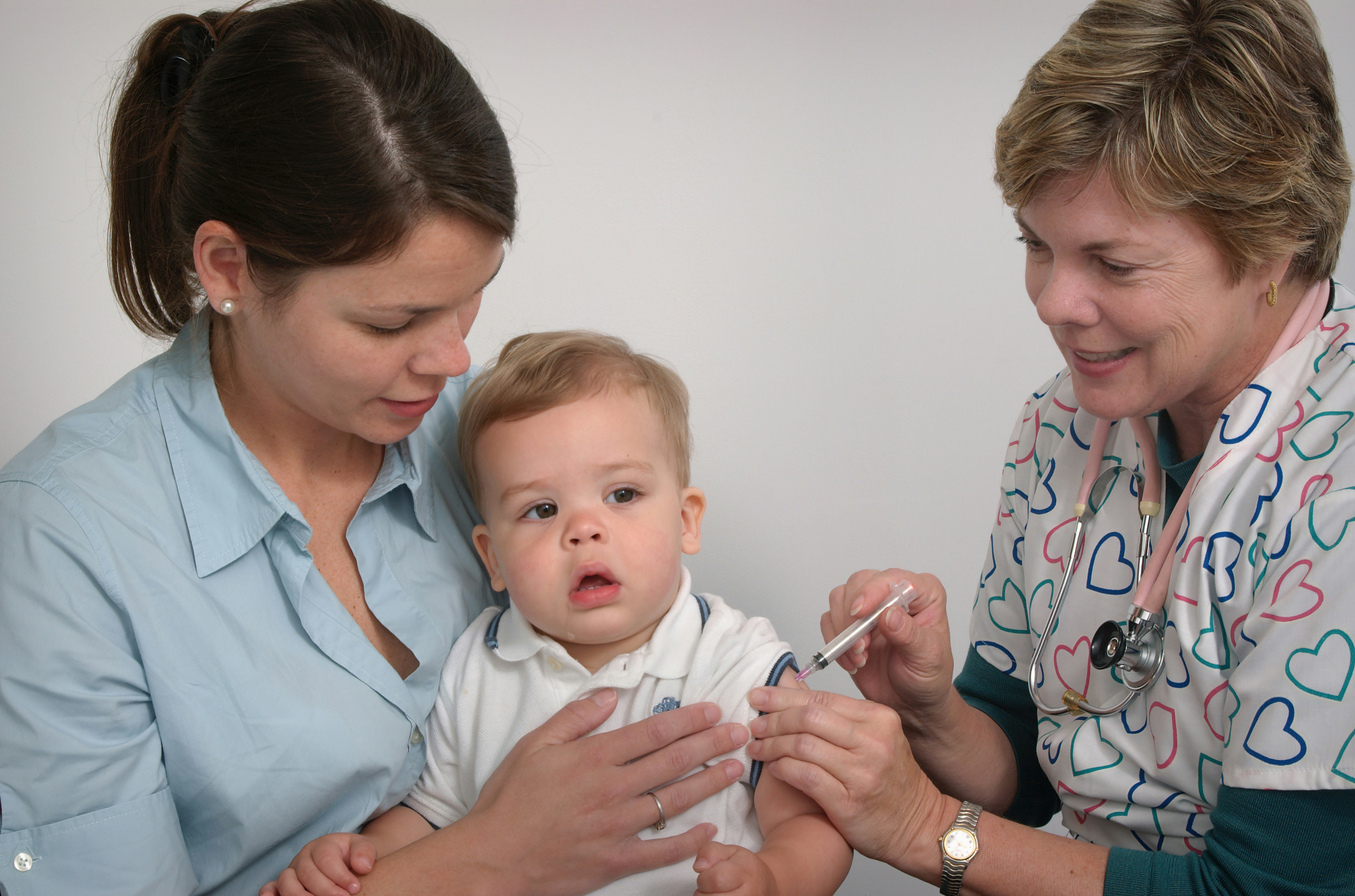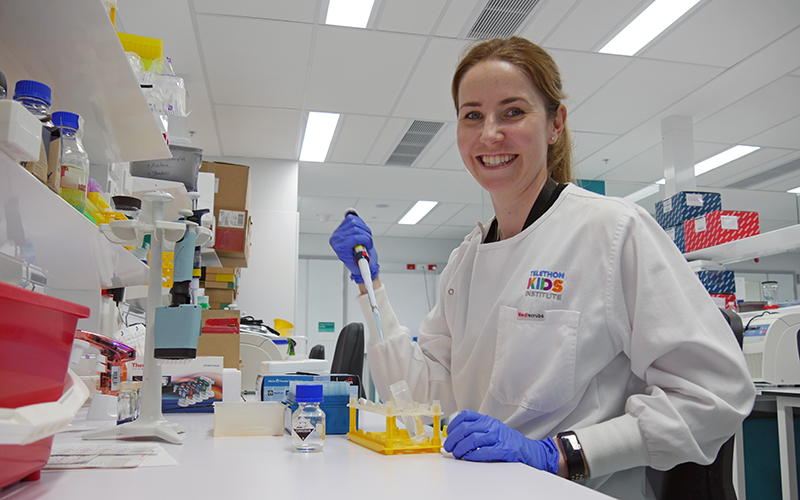Search

News & Events
The Kids receives critical funding boost from WA GovernmentThe Kids Research Institute Australia is one of 20 West Australian research facilities to share in $25 million funding under the State Government’s Research Infrastructure Support (RIS) program, through the Future Health Research and Innovation (FHRI) Fund.

News & Events
Kids who skip breakfast have poorer NAPLAN results: studyAn Australian study has revealed the clear link between eating breakfast and academic success, with students who skip breakfast some or all of the time achieving poorer NAPLAN results than children who always eat breakfast.

News & Events
Jonathan Carapetis honoured by the Greek communityProfessor Jonathan Carapetis AM, has been recognised as an outstanding member of the Greek diaspora in Australia for his longstanding excellence and leadership within the health and medical research sector.

News & Events
The Kids researchers help quantify global impact of life-saving vaccinesResearchers at The Kids Research Institute Australia have helped map the global impact of life saving vaccines to mark the 50-year anniversary of the Expanded Programme on Immunisation (EPI).

News & Events
New eczema storybook to promote healthy skinA children’s book – written by community, for community – has been launched in Western Australia’s south-west to help children and families understand more about one of the most common inflammatory skin conditions in children.

News & Events
High praise: two The Kids Researchers inducted into WA Women’s Hall of FameCongratulations to two of The Kids Research Institute Australia’s most respected female researchers – Professor Donna Cross and Professor Britta Regli-von Ungern-Sternberg – on being inducted into the Western Australian Women’s Hall of Fame.

News & Events
Pioneering mental health researcher named a 2021 Human Rights Medal finalistCongratulations to trailblazing mental health researcher Professor Helen Milroy, who has been announced as a finalist for the 2021 Human Rights Medal.

News & Events
Researchers to focus on MS inflammation puzzleThe Kids Research Institute Australia researchers will seek to better understand the relationship between antibodies and inflammation in people with multiple sclerosis (MS), thanks to a generous grant from MS Research Australia.

News & Events
How the Australian bushfires can impact your family’s physical healthBushfires can have a considerable impact on our physical and mental health, with some symptoms lasting long after the blaze is extinguished. And our children are amongst the most vulnerable.
Research
Two cases of Leclercia adecarboxylata septic arthritis in immunocompetent paediatric patientsLeclercia adecarboxylata is a rare cause of septic arthritis in children, and has intrinsic resistance to common antibiotics. We describe two cases of L. adecarboxylata septic arthritis in children that required re-presentation to hospital with prolonged treatment, and highlight the importance of considering L. adecarboxylata as a potential cause of infection among children with penetrating injuries and associated environmental exposure.
